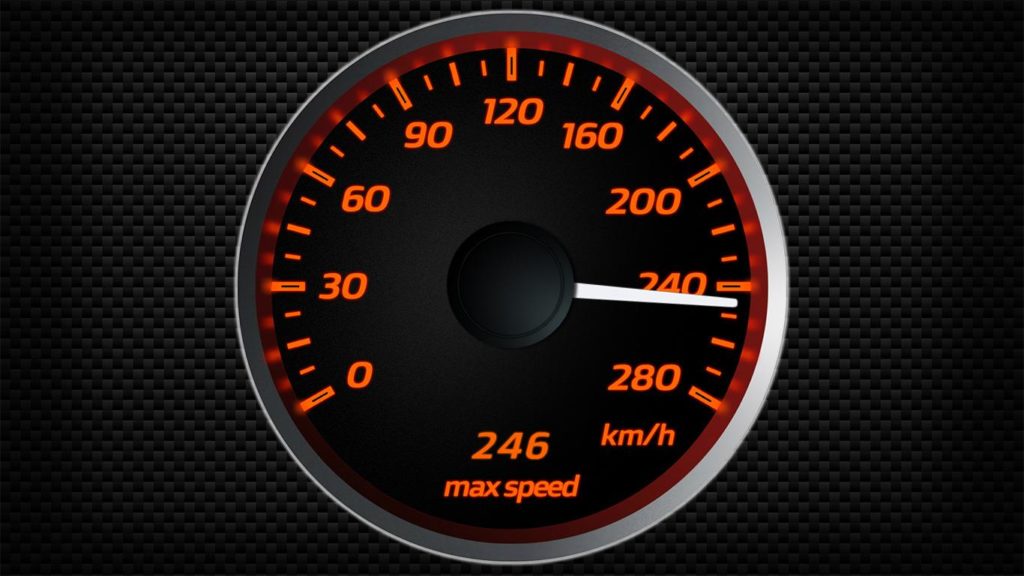
How to reduce your Carbon Footprint
Here are a few quick suggestions on how to reduce your Carbon Footprint (while still driving your car!)
As much as being totally Carbon Neutral in your daily commute is an appealing thought, it’s not always a practical solution. Length of commute, practically, and job needs all play a major role in our daily commuter journey decisions, and keep the majority of us behind the wheel of our car and sadly not carbon neutral as a result. Luckily there are a number of steps you can take to reduce your carbon footprint through reducing your car’s CO2 output (and at the same time increasing your fuel economy), without changing your mode of transport!
Drive better
Studies have shown that your MPG can be affected by up to 30% by the way you drive. You could save over a tonne of CO2 every year by making a few simple changes to your driving style:
- Accelerate smoothly. Don’t slam your foot from accelerator to brake and back again. Not only does this make for a more pleasant journey for any passengers in the car, this helps by keeping the engine at its most economical rpm, which is usually between 1500 and 2500. Try and anticipate stopping and starting ahead of time, so you can accelerate/brake slowly and gently.
- Drive at the speed limit. At very high speeds engines will be outside the optimum rpm range and consequently consume significantly more fuel. According to the Department of Transport driving at 85mph uses approximately 25% more fuel than at 70mph (plus its illegal!) and driving at 70mph uses approximately 10 % more fuel than at 60mph.

Be prepared
- Don’t start your car and leave it running to warm up ahead of departure. As well as using fuel while not actually going anywhere, using the heaters will slow down the engines rise to operating temperature. This causes the fuel injectors to add more fuel to the fuel air mixture until the proper engine temperature is reached. Invest in some de-icer and scrape the windows if its frosty and avoid putting the heaters on until the cars engine has warmed up.
Maintenance
Keeping your car in tip top condition helps it function exactly as the manufacturer meant it to – which is likely to result in the most effective use of fuel and minimal emissions.
- Replace the oil filter at regular intervals advised by your manufacturer
- Air and fuel filters should also be replaced as advised by your service centre. Old or partially blocked air and fuel filters mean your car’s engine needs to work harder in order to get the air and fuel it needs – increasing fuel consumption and therefore increasing CO2 output.
- Keep your tyres properly inflated. Under inflated tyres can play havoc with your emission levels and cause your car to produce up to 300kg of additional CO2 per year.
Making a few small alterations to your driving style, and keeping on top of important maintenance can save your car producing huge amounts of CO2 emissions. Not only will it help reduce your carbon footprint, but increased fuel economy will ultimately save you £££s!
At T W White & Sons we have the facilities to cater for all your car maintenance needs. Visit our Aftersales section for more information.
Similar Articles
Petrol vs Diesel – Which is best for you?
In the ever-evolving world of vehicle technology, choosing your next car involves understanding many drivetrain options. While electric vehicles are gaining momentum, the advancements in petrol and diesel technologies shouldn’t be overlooked. These traditional powertrains are not just holding their ground but evolving with improved efficiency, extended range, and lower emissions. Following our comprehensive guide […]
Winter Driving Tips
Navigating UK roads in winter can be unpredictable, with weather conditions changing rapidly. Whether it’s your first time behind the wheel or you’re an experienced driver, staying safe is a top priority. In this article, we’ll look at what it takes to prepare you and your car for winter. When it comes to safety on […]
When to switch from winter to summer tyres
As the weather finally starts to turn and we head out of winter, it’s time for a little car maintenance. But why is it important to change from winter to summer tyres, and when’s the best time to do this? While your tyres might not be something you think about often, an awful lot of […]